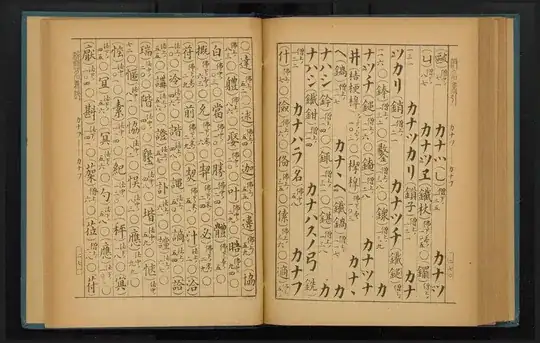One thing that has always confused me is how the word 叶【かな】う took on the meaning of for a (wish) to come true. I find this perplexing because in Chinese, the word has never had this meaning. 叶's ancient meaning was:
叶:古文協字。 (Meaning the same as 協)
More recently, 叶 has become the character in simplified Chinese meaning 葉 because it has historically been mistakenly used as a replacement due to being similarly sounding.
However, neither of these meanings are at all close to a wish coming true.
Why/when/how did the kanji 叶 become associated with this meaning?
